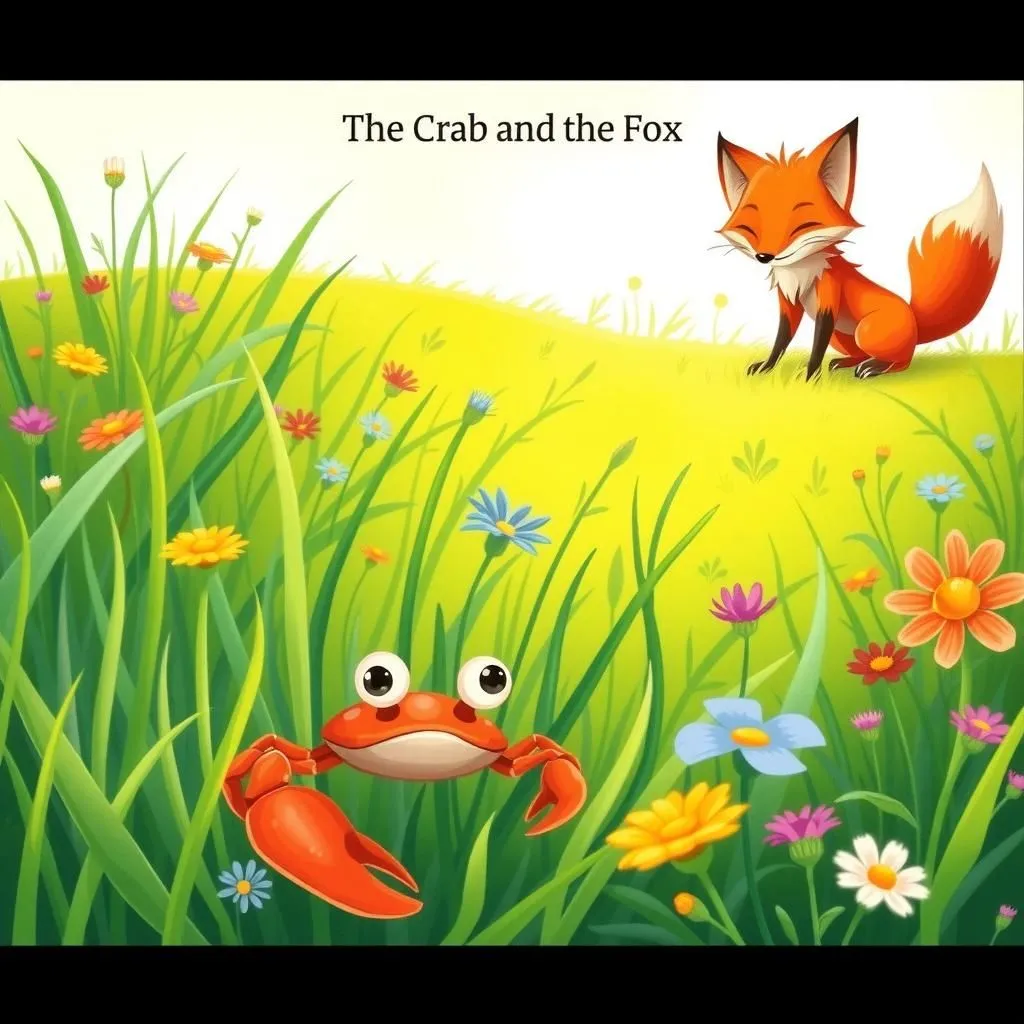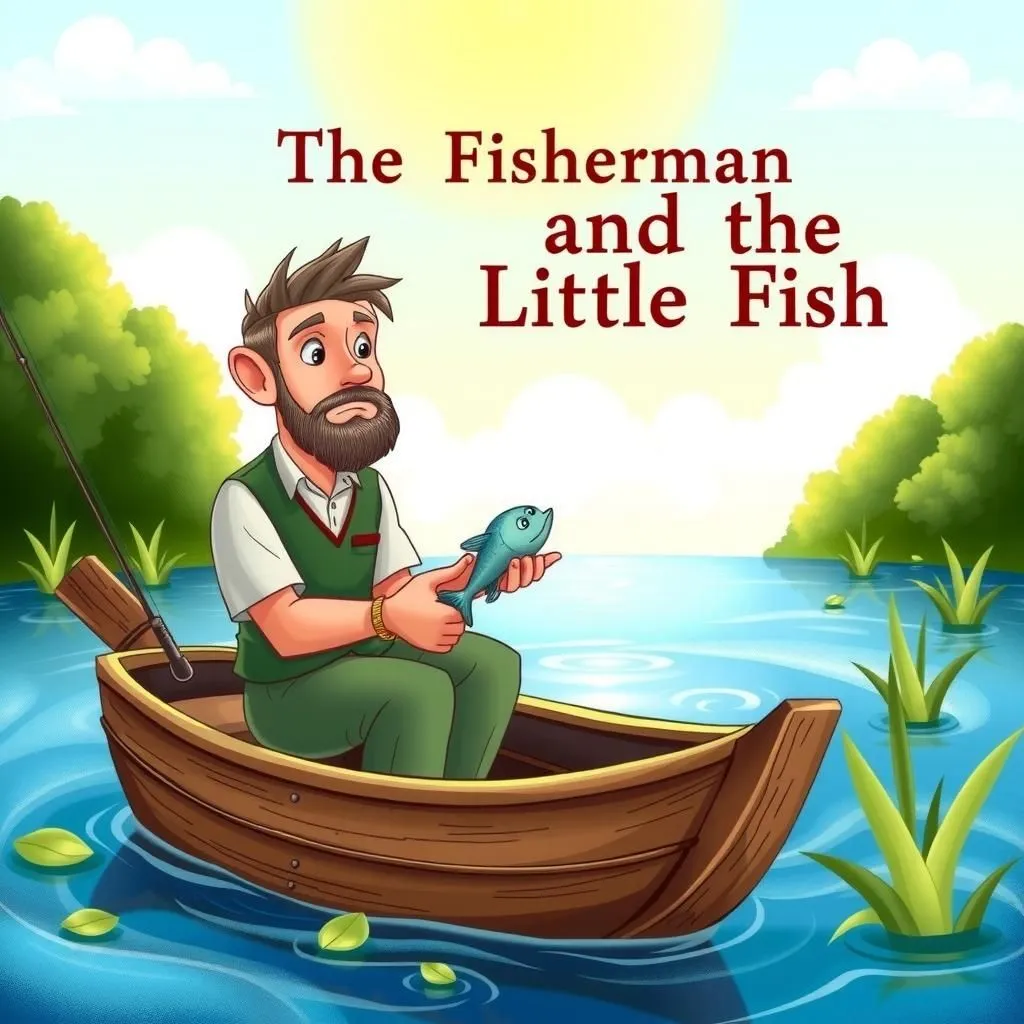
The Crab and the Fox
In "The Crab and the Fox," a Crab forsakes the safety of the sea for a meadow, where it is ultimately devoured by a hungry Fox. Recognizing its error, the Crab reflects that it deserves this fate for straying from its natural habitat, imparting a valuable lesson about contentment and the importance of knowing one's place. This short moral story, suitable for personal growth, illustrates that true happiness lies in accepting our circumstances.


